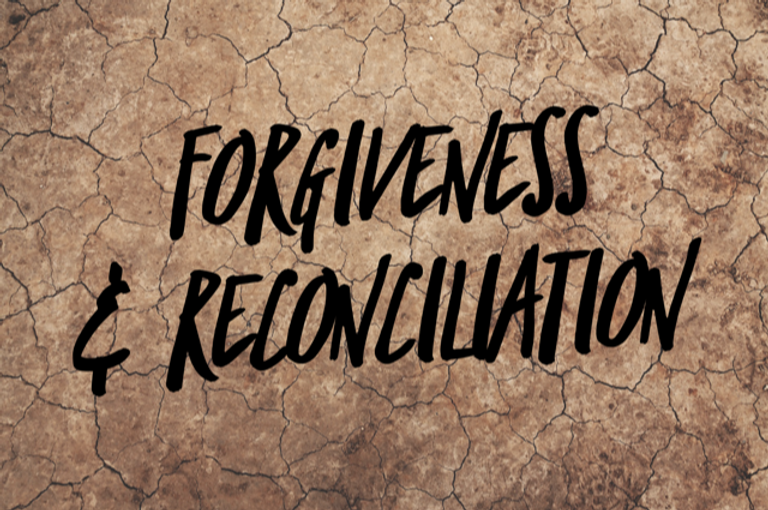Hi, good readers, howdy?, Today I want to share to an interesting topic, namely "Forgiveness versus reconciliation", The main reason why I chose this topic is because not everyone can do reconciliation when they encounter something that cannot be resolved by their knowledge, there are several main reasons why not everyone can reconcile when facing problems:
1. Ego and Pride: Sometimes ego and high self-esteem can prevent a person from admitting mistakes or finding a middle ground.
2. Emotional Wounds: Deep emotional wounds or trauma can make reconciliation very difficult because of the pain that is still being felt.
3. Lack of Communication Skills: Not everyone has good communication skills to resolve conflicts in a constructive way.
4. Differences in Values and Principles: Fundamental differences in values and life principles can make reconciliation difficult, as each side feels its beliefs are the most correct.
5. Distrust: If trust has been broken, it is very difficult to rebuild it and reconcile.
6. Unwillingness to Change: Reconciliation often requires a change in attitude or behavior from both parties. If one or both parties are unwilling to change, reconciliation is difficult.
7. Third Party Influence: Third-party interference that exacerbates the problem can hinder the reconciliation process.
These factors, either individually or collectively, can affect a person or group's ability to reconcile, there are several ways that can help in the reconciliation process to achieve peace:
1. Open and Honest Communication: Opening honest and open channels of communication is essential. Each party must feel heard and understood without judgment or prejudice.
2. Empathy and Understanding: Try to understand the other party's feelings and perspective. Empathy can help reduce tension and pave the way for compromise.
3. Apologize and Give Forgiveness: Admitting mistakes and apologizing are important steps in reconciliation. Apologizing also helps release emotional baggage and makes it possible to move forward.
4. Build Trust: Trust should be rebuilt slowly through consistent actions that show goodwill and sincerity.
5. Be Flexible and Open to Compromise: Sometimes compromise is required to reach an agreement that is fair to both parties. Being flexible and open to change is helpful.
6. Seek Third Party Assistance: Mediation by a neutral third party can be helpful in mediating the conflict and finding a solution that is acceptable to both parties.
7. Focus on the Solution, Not the Problem: Shift the focus from who is wrong or right, to how the problem can be solved in a constructive way.
8. Develop Conflict Resolution Skills: Attending training or workshops on conflict resolution skills can provide tools and techniques to deal with and resolve conflict more effectively.
9. Taking Time for Self-Reflection: Sometimes, taking time to reflect and understand what really matters can be helpful in
